The financial crisis has led to the rise of a new risk – resource-rich states moving to seize a greater share of profits from the companies exploiting their natural resources
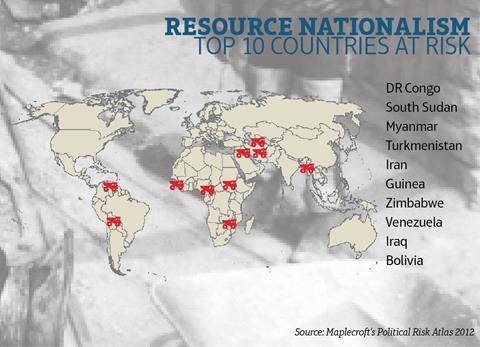
The Maplecroft Political Risk Atlas is always a good read at this time of year, detailing the company’s predictions for what perils might lurk beneath the shifting sands of geopolitics in the months ahead. But this year, among potential wars and social upheaval, a new threat was listed: resource nationalism. The relationship between states and business has been changed by the financial crisis worldwide, and protectionism is growing.
Resource nationalism is stated as the number one strategic risk facing mining and metals companies, according to Ernst & Young. “Around the world there has been an attack on the ideology of the free market,” says Robert Amsterdam, a Canadian attorney specialising in defending multinational clients. According to Amsterdam, the rapidly rising cost of many commodities has been the driver for governments in resource-rich nations to seize a greater share of the profits.
Maplecroft cites as examples action by Venezuelan president Hugo Chavez to nationalise the country’s gold industry in August 2011 and in 2010 by the Guinean authorities to renegotiate all mining contracts to give them a minority stake. Hotspots for future activity include DR Congo, South Sudan, Myanmar, Turkmenistan, Iran, Zimbabwe, Bolivia, Russia, Angola, Nigeria - and Libya.
“Governments are finding themselves with a much narrower internal tax base due to the financial crisis,” Amsterdam says. “They are so weak, so in need of funds that they are feeding on assets they would have never even considered before.
“We are seeing the rise of state capitalism and in many cases nationalised companies acting in direct competition with multinationals,” he adds.
Losing your grip
Maplecroft director Anthony Skinner says: “Oil, gas and mining companies should be aware of the political and regulatory challenges that they may face when investing in territories with a high risk of resource nationalism.” If not, he says companies risk losing control or possession of assets, as well as property, or face higher taxes.
But despite the scale of the threat, few companies have truly got to grips with the rapidly changing landscape. Says Amsterdam: “It’s incredible to me how non-engaged many multinationals are. So often there is something I call ‘the presumption of regularity’, where companies make the mistake of assuming that emerging economies are built like our own. They are not. They couldn’t be more different. That’s just not how it works.
Hire local law firms. Don’t use the big multinational outfits. I often advise companies to hire an old, local criminal lawyer, someone who really knows what’s going on”
Robert Amsterdam, attorney
“There has been a shift in many that has not been good for the rule of law. Their courts are different, their politicians respond to different incentives. In petrostates [like Nigeria], the state is living on rent, so there is no need to be accountable to the people; the judiciary, the legislature, the entire federal structure is subservient to powers within the state. That power is not formed through election but through the history of a particular class, clique or other group that dominates power.”
Different rules here
Amsterdam says multinationals should talk to a range of interests within a country, and not just the state. “That will help provide an early warning system, and an opportunity to get a better sense of what is happening in politics. Typically, businesses see NGOs as hostile to business, but in many cases they can be a great allies, and they are often fighting for things like fair trials and greater transparency.”
Risk managers must also embrace politics as a core part of their risk assessment. Katoen Natie chief risk officer Carl Leeman says: “The first thing is to actually treat politics as an internal part of risk assessment, rather than something external. Too often political risk assessment is seen as an academic exercise and not a key part of the investment decision; this is completely wrong.
“Businesses tend to see the world as one big market, making their decisions based on an analysis of population, demographics; they just look at things technically. They see things in completely the opposite way to the regional and local authorities they have to deal with … Investment decisions are frequently taken too quickly.
“Potentially, there can be an even bigger impact on SMEs. Multinationals have the resources to advise them and lobby on their behalf, while SMEs don’t.”
But there is plenty that all businesses can do to better insulate their investment. “You need to understand who has the ear of power,” Amsterdam says. “Hire local law firms. Don’t use the big multinational outfits. I often advise companies to hire an old, local criminal lawyer, someone who really knows what’s going on. You need people who are close to the action rather than people that look like you. Having been to Harvard isn’t much help in La Paz, Bolivia.”
And having your ear to the ground can make all the difference, he says. “In Venezuela, having the right attorney helped provide early warning of an attempt to arrest an employee I was representing on some phony charges. Because w≥ knew what was going on, we were able to fly them out before the police came.”
Cheap Chinese imports
lead to tension with Brazil
Brazil has already made several attempts to defend its domestic industries from multinational competition, particularly by Chinese companies.
Despite China’s massive direct investment in Brazil – estimated to be $12.67bn (€9.7bn) by 2011 – and the fact the country is currently Brazil’s biggest trading partner, there are signs the relationship is becoming tense.
Brazil’s ministry of development, trade and industry is investigating claims by the Brazilian mobile phone industry that Chinese manufacturers are flooding the market with cheap handsets, to the extent that the number of Brazilian handsets produced since 2009 has declined, despite an overall growth in the market.
“They are being sold here below the cost of production,” a Brazilian association of electrical and electronics industries spokesman told reporters. “We can’t compete.”
The move is the latest in a string of measures aimed at blocking cheap imports. In 2011, the Brazilian government raised taxes on car imports from outside the South American Mercosur trade region, following an increase in the number of Chinese-made vehicles that are being imported into the country.
Uncertain times in Peru
Recent events in Peru illustrate just how difficult and uncertain politics can be for investors. Expansion of the country’s mining sector is expected to provide much of the growth in the commodities sector over the next five years, particularly in copper, where it could provide a third of new supply.
When left-winger Ollanta Humala took power in June 2011 on a mandate of windfall taxes on the mining sector, many in the industry feared the worst. But six months on, the situation is far from clear. While on the one hand Humala seems to have sided with investors, taking on protestors by declaring a state of emergency and sacking half of his cabinet when negotiations stalled, on the other hand his hardline approach may simply acerbate social unrest.
In 2011, several mining projects were attacked and, with billions of dollars at stake, multinationals have a difficult call to make.
Key points
- The global financial crisis has seen a growth in resource nationalism
- The rapid rise in the cost of many commodities has led governments to seize a greater share of profits from natural resources
- Companies should not assume that the structure of emerging economies is like their own
- Politics must be seen as a key consideration when making investment decisions, not just as an academic exercise
- Hire local law firms and advisers, not multinationals, as they will really understand the way their country works





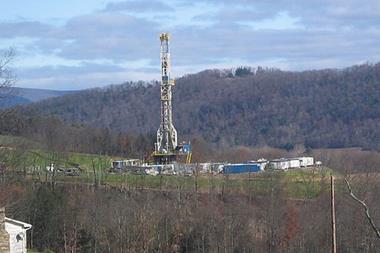
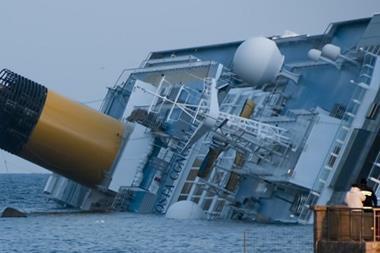
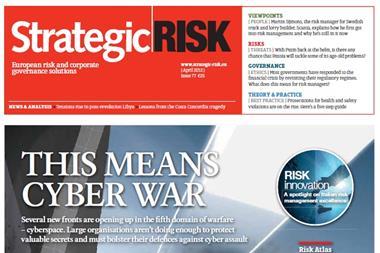

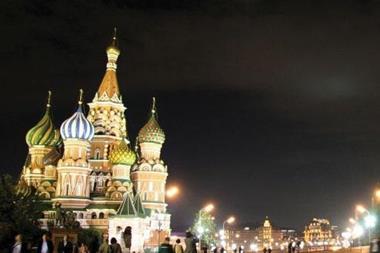










No comments yet